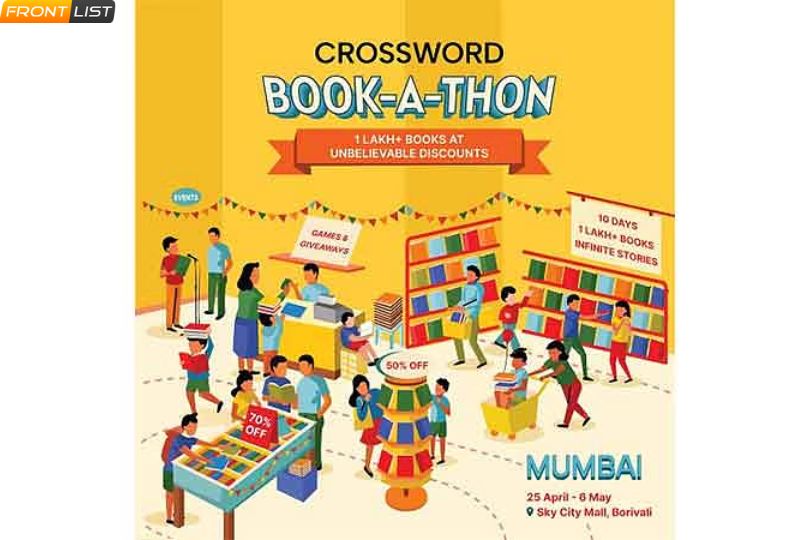Indian Government to Provide Study Materials in 22 Languages Up to Class 5 as Part of National Education Policy 2020
Pradhan told reporters that the NEP's mother tongue and local language are unique features.on Mar 30, 2023
.jpg)
According to Union Education Minister Dharmendra Pradhan, the Government would supply study materials in 22 Indian languages up to Class 5 as part of the National Education Policy (NEP) 2020, which focuses on the home tongue.
"We have agreed to provide curricula up to the fifth grade in the 22 Indian languages recognized in the Constitution. Using technology, foundational level studies materials, such as a textbook, playbook, or play-based content, would be developed in the 22 languages of the Indian Constitution, "Pradhan said.
Pradhan was in town for the three-day Future of Learning Collaboration conference hosted by the city's Anant National University and the University of Pennsylvania's Graduate School of Education.
Pradhan told reporters that the NEP's mother tongue and local language are unique features.
He stated that the decision to examine the study materials for the foundational level under the new National Curriculum Framework was made during a meeting convened by him on Monday (NCF). Before, NCERT texts were available in three languages: English, Hindi, and Urdu, he explained.
Children will spend five years in the foundational stage, three years each in the preparatory and middle steps, and four years in the secondary location, according to the new school education system established in NEP 2020.
In 2020, the Government began revising school textbooks by selecting former Indian Space Research Organisation (ISRO) Chairman K Kasturirangan as the chairman of a 12-member steering group charged with designing a new NCE.
Pradhan stated that the Government's idea for a Digital University, to be based on a networked hub-spoke paradigm, is a unique notion with no international model and that discussions are now underway.
"To the best of our knowledge, no institution in the world offers a digital platform of this size, from registration through assessment via a virtual platform, all while retaining quality. India is establishing a global model, and conversations among stakeholders are taking place at all levels, "He stated.



.jpg)






.jpg)

.jpg)
.jpg)
.jpg)
.jpg)

.jpg)










Sorry! No comment found for this post.